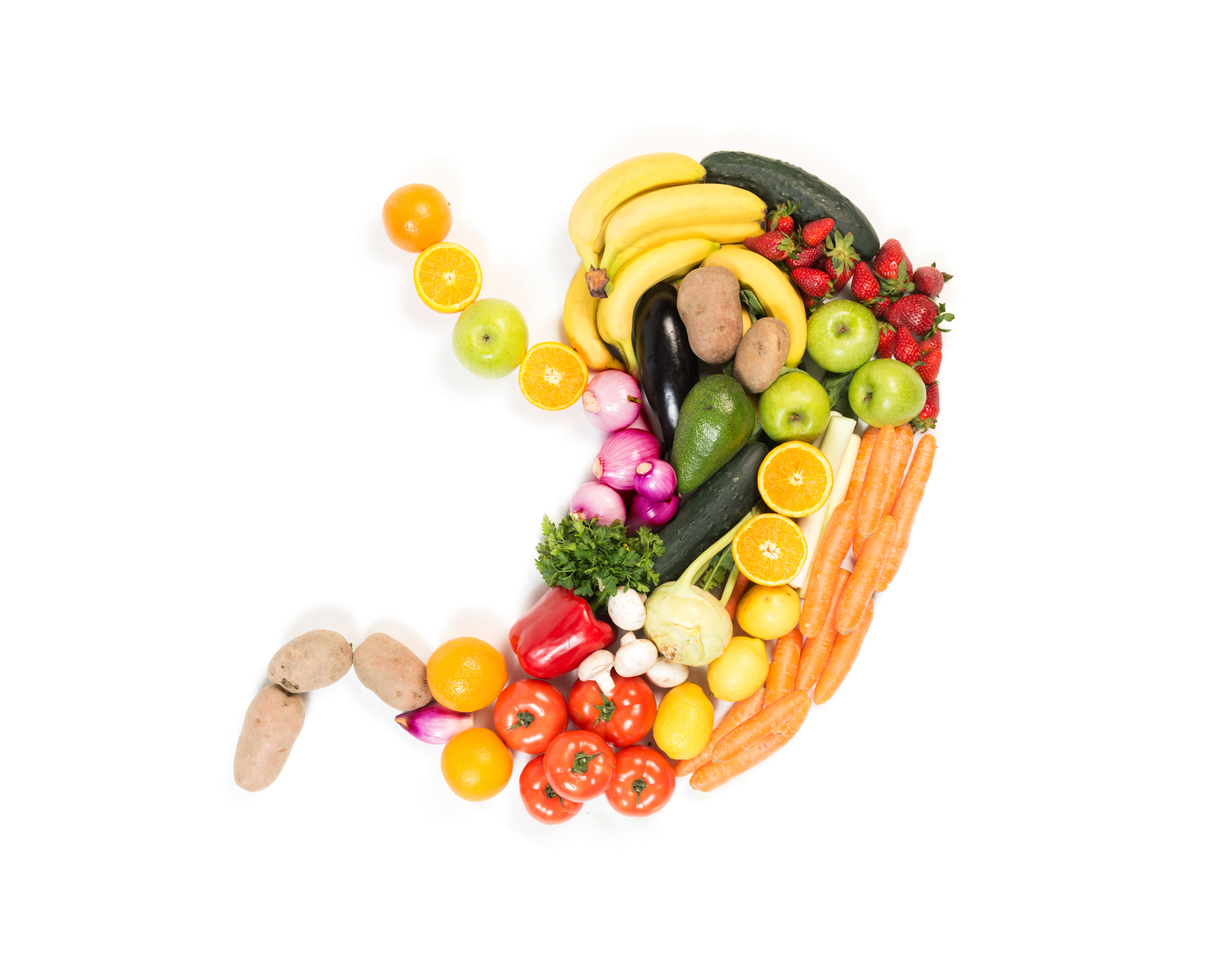The Digestive System
When a food craving begins, the adrenal glands activate, releasing enzymes and chemicals that amplify the emotional connection to the food. This emotional response can shape either a positive or negative relationship with the food, influencing how it is processed by the digestive system. A harmonious connection promotes balance, while a tense or negative relationship may lead to gut tightening, inflammation, and potentially chronic health issues.
Emotional Connection to Food
Food cravings often carry an emotional dimension:
- Positive Emotional Response: Enjoying food in a mindful, stress-free state can foster a healthy relationship with eating, aiding proper digestion and nutrient absorption.
- Negative Emotional Response: Stress or guilt tied to food choices can lead to a cascade of physiological reactions that disrupt digestion.
Gut Health and Immune Function
- Role of Prebiotics and Probiotics:
- Prebiotics: Found in high-fiber foods like onions, garlic, leeks, oats, Brussels sprouts, and broccoli. These feed beneficial gut bacteria, promoting a healthy microbiome.
- Probiotics: Supplements or fermented foods that introduce beneficial bacteria to the gut. However, they are not recommended for individuals with IBS due to potential adverse reactions.
- Bitters and Digestive Activation:
- Consuming bitter foods stimulates the vagus nerve, triggering:
- Increased saliva production.
- Bile release for fat digestion.
- Digestive enzymes for nutrient breakdown and absorption.
- Examples of bitters: bitter salad leaves, apple cider vinegar, olive oil, and herbs.
Impact of Poor Gut Health
- Digestive Disturbances:
- Stress or imbalance in the gut can cause symptoms like nausea, constipation, or diarrhea, potentially leading to leaky gut syndrome.
- Chronic inflammation may result in nutrient deficiencies, such as iron, protein, and vitamins.
- Systemic Effects:
- Nutrient Deficiencies: Zinc deficiency, in particular, can impact the gut lining and enzyme production, reducing hydrochloric acid needed for digestion.
- Aging reduces zinc levels, making supplementation beneficial for maintaining gut integrity.
- Stress and Cortisol:
- Chronic stress elevates cortisol levels, suppressing serotonin, and immune responses while increasing inflammation. This impacts gut health and disrupts hormonal balance.
- Nutrient Deficiencies: Zinc deficiency, in particular, can impact the gut lining and enzyme production, reducing hydrochloric acid needed for digestion.
- Digestive Disturbances:
- Consuming bitter foods stimulates the vagus nerve, triggering:
- Role of Prebiotics and Probiotics:

The gut is a central hub that impacts not only digestion but also mental health, immune function, and hormonal balance. Caring for the gut with mindful eating, managing stress, and addressing nutrient deficiencies ensures long-term health and resilience.
Physical and Emotional Symptoms of Gut Dysfunction
- Digestive Issues: Constipation, diarrhea, nausea, or bloating.
- Skin Problems: Inflammation leading to acne, rashes, or other conditions.
- Weight Changes: Both gain and loss due to disrupted metabolism and cravings.
- Mental Health: Irritability, depression, or anxiety caused by the gut-brain axis's dysregulation.
The interplay between stress, digestion, and overall health highlights the importance of maintaining a balance. Addressing stress and adopting a healthy lifestyle not only restores gut function but also enhances mood, energy, and resilience,